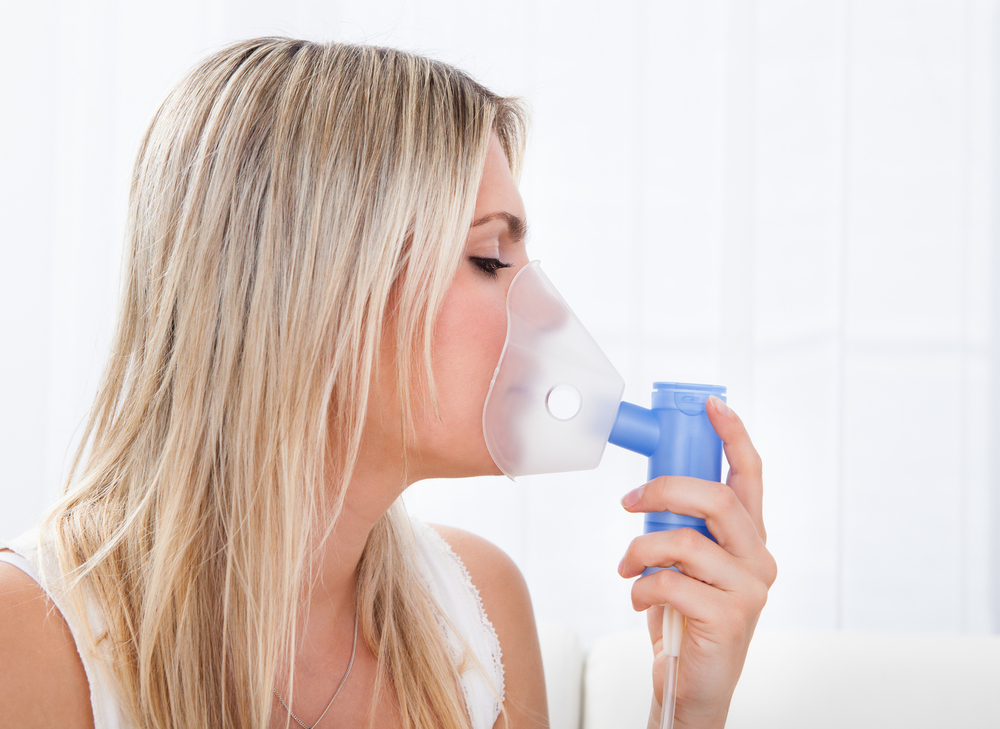
Top Odors that Could Cause Breathing Problems
Your lungs are especially sensitive to various irritants in the air, if you have allergies or certain breathing related conditions such as asthma, and bronchitis. The problem with irritants is that, besides the fact that the world is filled with them, most people have an abundance of them within the household. As such, people with breathing conditions should practice their due diligence when it comes to identifying and removing irritants within the household.
Here are several odors that contribute to breathing issues:
1. Perfumes
One of the major culprits of home based items that trigger breathing problems are perfumes and colognes. In some instances, an individual with underlying breathing issues may suffer from a fragrance sensitivity due to an organic allergen within the perfume. Exposure to fragrances can cause respiratory symptoms such as wheezing, watery eyes, sneezing and may require professional help for asthma treatment.
2. Household cleaners
Statistics gathered from the American Thoracic Society’s American Journal Of Respiration demonstrated that women who worked as household cleaners, had greater declines in lung function than women who did not. The scientists proclaim that cleaning agents contain strong and acidic compounds which are meant for the floor and not our lungs. Therefore, individuals with breathing conditions need to ensure that they avoid using household chemicals in areas which do not provide an adequate amount of ventilation.
3. Essential oils
Burning oils is usually a safe activity that most people can partake in. However, doctors advise that you should avoid using them if you have a lung condition. For individuals with conditions such as asthma, inhaling the particles which are released by essential oils can cause inflammation and trigger severe asthma reactions that may lead to the utilization of Dupixent. In fact, numerous studies have shown that essential oils offer very little, if any medicinal value. But, the strong odors they emit, contain what’s known as VOCs or volatile organic compounds. VOC is a phrase that’s used to describe anything that can negatively affect air quality. And, as you may already know, poor indoor air quality can actually cause breathing conditions to manifest themselves as well as to aggravate underlying breathing conditions.
4. Smoke
It’s a known fact that tobacco usage can trigger asthma attacks. However, it’s also worth noting that in general, it can aggravate lung conditions. This is because it is basically a gaseous form of a solid or liquid which has been subjected to extreme temperatures. As such, smoke emanating from items such as plastic or wood, contain small microscopic particles which can aggravate lung conditions such as COPD.
5. Food scents
Believe it or not, some food smells can cause breathing problems so severe that you have to go to the hospital for treatment such as the utilization of Fasenra. Certain types of food which are especially pungent and spicy can trigger asthma attacks. Some prime examples of food smells that can aggravate breathing conditions include spices and peppers, onion and garlic, fish, asparagus and vinegar.
6. Air fresheners
Many experts regard fresheners as being an indoor pollutant that can aggravate breathing conditions. In fact, 34% of all individuals with asthma, have a negative reaction to fresheners. The problem with air fresheners is that they contain allergens and other compounds such as phthalates which can aggravate lung related conditions.


